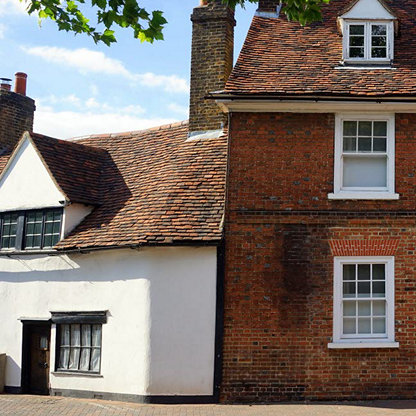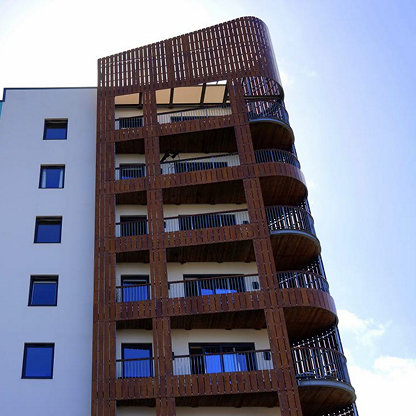As part of a strategic goal to lead and influence on sustainability, RICS is committed to equipping the profession to adapt, upskill and respond to the challenges and opportunities that sustainability poses.
RICS’ first residential retrofit standard has been created in response to growing demand for retrofit services in the UK. It ensures that consumers carrying out retrofit upgrades to a residential property receive advice from skilled, regulated professionals, and protects the public interest by upholding high standards in a growing market.
This professional standard sets out a series of concise mandatory and recommended requirements and is effective from 31 October 2024, establishing benchmarks that guide RICS members in delivering residential retrofit services tailored to their clients' evolving needs.
The implementation of this standard represents an opportunity for RICS residential property surveyors to both upskill and embrace sustainable working practices in response to the growing demand. According to the Climate Change Committee (CCC), residential retrofits need to increase to a rate of 500,000 per year by 2025, and one million per year by 2030 to meet the government’s net-zero target. Hence, there is a market need for a standard that facilitates reliability and consistency.






